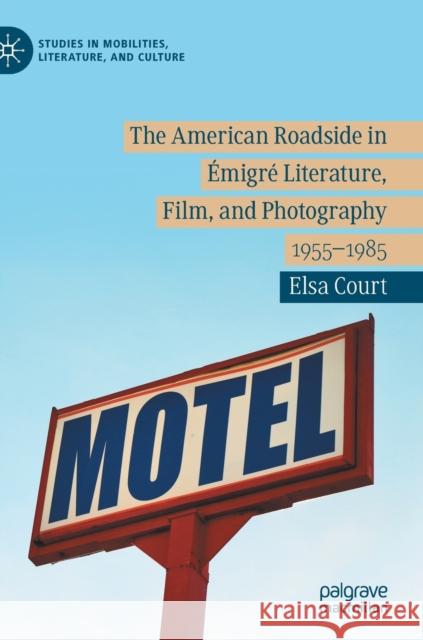The American Roadside in Émigré Literature, Film, and Photography: 1955-1985 » książka
topmenu
The American Roadside in Émigré Literature, Film, and Photography: 1955-1985
ISBN-13: 9783030367329 / Angielski / Twarda / 2020 / 193 str.
The American Roadside in Émigré Literature, Film, and Photography: 1955-1985
ISBN-13: 9783030367329 / Angielski / Twarda / 2020 / 193 str.
cena 288,47 zł
(netto: 274,73 VAT: 5%)
Najniższa cena z 30 dni: 287,79 zł
(netto: 274,73 VAT: 5%)
Najniższa cena z 30 dni: 287,79 zł
Termin realizacji zamówienia:
ok. 20 dni roboczych.
ok. 20 dni roboczych.
Darmowa dostawa!
Kategorie:
Kategorie BISAC:
Wydawca:
Palgrave MacMillan
Seria wydawnicza:
Język:
Angielski
ISBN-13:
9783030367329
Rok wydania:
2020
Wydanie:
2020
Numer serii:
000838903
Ilość stron:
193
Waga:
0.49 kg
Wymiary:
21.01 x 14.81 x 1.75
Oprawa:
Twarda
Wolumenów:
01
Dodatkowe informacje:
Wydanie ilustrowane











